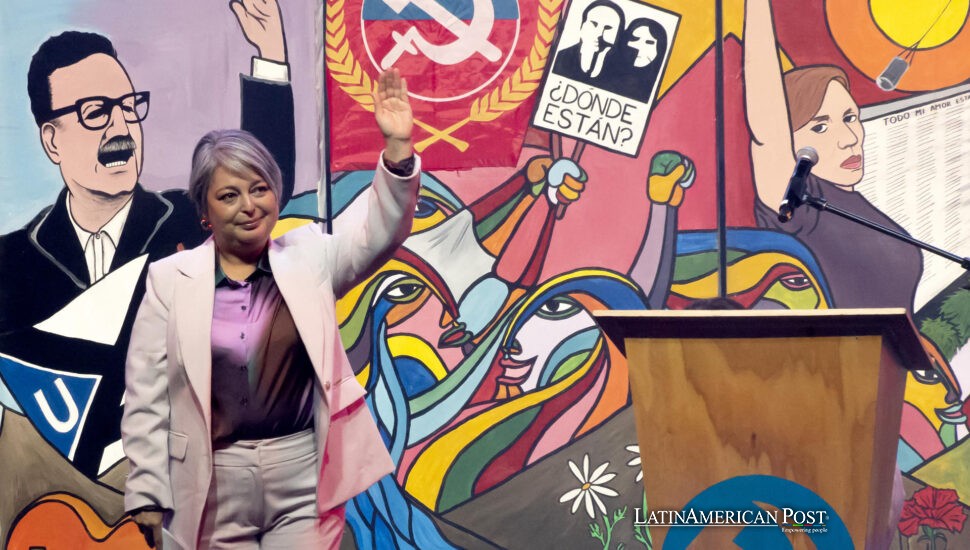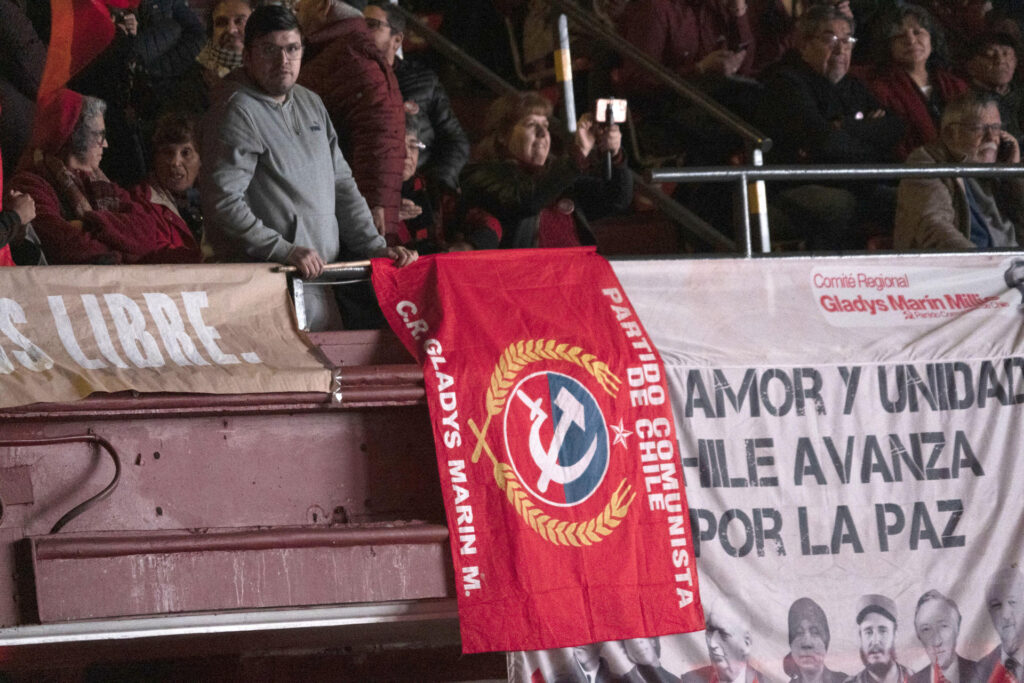Chile’s Communists Unlikely to Evolve Before Voters Turn Conservative

Jeannette Jara just made history, but she also triggered a reckoning. Her sweeping primary win positions her as Chile’s first viable communist presidential contender—yet whether she wins the presidency may depend on how quickly her party stops acting like it’s still 1973.
From Red Rhetoric to Nordic Reform
Chile’s Communist Party is riding high on Jeannette Jara’s stunning primary victory, but her modern, deal-making pragmatism clashes with a party still wedded to Cold War nostalgia. To survive, the left must choose between ideological purity and the presidency.
Jeannette Jara didn’t sound like a classic communist when she declared, in a televised debate, that Cuba holds political prisoners. That one sentence sliced through decades of rigid party discipline and left jaws hanging, not least her party chairman, Lautaro Carmona, who has long defended Havana in boilerplate Marxist terms.
Her critics within the Communist Party (PC) saw her as a betrayer. But voters heard the truth.
That moment captured the tightrope Jara is walking. Chile’s Communist Party, founded in 1922 and banned for much of the Cold War, continues to adhere to Marxist-Leninist principles that emphasize class struggle and hint at revolution. Yet here is Jara, the same woman who helped negotiate a groundbreaking pension reform by building bridges between business leaders and Christian Democrats.
Claudio Fuentes, a political scientist and longtime observer of the Chilean left, puts it bluntly: “She governs like a Scandinavian social democrat.” And Chileans seem to like it. According to polling firm Criteria, over two-thirds of the country supported her 40-hour workweek reform—a move unimaginable under Soviet-style economic control, but highly compatible with the Nordic-style welfare capitalism she seems to admire.
The question now is whether her party will let her keep doing what’s working—or drag her back into the ideological bunker.
Haunted by History: When Memory Becomes a Ceiling
Chile’s left can’t shake its ghosts. Ever since Salvador Allende’s bloody ousting in 1973, communism in Chile has worn a heavy label. Even as other Western communist parties—such as Italy’s—rebranded themselves in the 1990s as social democrats, Chile’s PC clung to ideological orthodoxy.
Mario Amorós, a historian of the Chilean left, believes this choice has come at a high price. In poll after poll, anti-communism continues to cast a long shadow. A 2023 survey from Harvard’s Latin American Public Opinion Project found that just 24% of Chileans say they’d “definitely” vote for a communist candidate, compared to 51% who would support a generic progressive independent. That’s a gap with electoral consequences.
Jara’s 60% primary win was no fluke, but it came within a progressive electorate. The general vote in November is a different beast. Unless the Communist Party gives her enough breathing room—some insiders even suggest a temporary suspension of her membership—her candidacy may serve as political ammunition for far-right firebrand José Antonio Kast, who never misses a chance to compare the PC to Venezuela or worse.
Evelyn Matthei, the center-right frontrunner, is already exploiting that contrast. Her campaign slogan, “Order and the Future,” is code for business-friendly pragmatism, without the ideological baggage.

Growth or Ghosts: Jara’s Economics of Empirical Reform
What separates Jara from the old guard isn’t just language—it’s data. While diehards still quote Lenin’s writings on finance capital, she’s busy citing OECD reports and referencing policy models from Canada and Sweden.
As labor minister, she didn’t nationalize industries or preach revolution. Instead, she proposed gradual, research-based reforms—particularly on pensions—where public and private systems could coexist, and the end goal wasn’t class warfare but elder dignity.
That approach is working. Universidad de Chile researchers found that Chile’s poverty rate plunged from 38% in 1990 to under 8% in 2019, thanks not to doctrinaire socialism but a blend of open markets and social policy. Copper output, which had collapsed under Allende’s brief nationalization push, rebounded only after more flexible, hybrid partnerships were introduced in the 1990s.
Jara’s challenge is to sell that success without alienating the base that sees capitalism—even in small doses—as betrayal. She doesn’t just have to beat the right; she has to convince the left that winning power sometimes means compromising on purity.
A Crossroads for Chile’s Left—and a Warning
The stakes are enormous if Jara’s campaign is weighed down by vintage ideology—red flags, Fidel portraits, allusions to workers’ soviets—the left risks handing La Moneda Palace back to the right. And not just to moderates. If fragmentation splits the progressive vote, José Antonio Kast could rise again, and his policy proposals include rolling back indigenous land rights, gender equity programs, and climate regulations.
The left already blew one significant opportunity with the 2022 constitutional plebiscite, which failed largely because its framers pushed too far, too fast. Jara represents a second chance—but only if the party steps aside and lets her steer.
Economist Dani Rodrik calls the model she’s trying to implement “embedded pluralism“—a balancing act where ideological factions are tolerated but not permitted to paralyze governance. In practice, this means building bridges between civil society and markets, as well as between academic policy and street-level organizing. Jara is one of the few on the left with the charisma to walk that line and the competence to back it up.
But competence means nothing if your party doesn’t trust you to lead.
As November approaches, the question facing Chile’s Communist Party is not just whether it wants to win—it’s whether it’s willing to let go of what used to be true to embrace what works now.
If the answer is yes, Jeannette Jara could become the architect of a new Chilean left: unapologetically progressive, globally informed, and electorally viable.
Also Read: Leyva Denies Plot Against Petro Amid Institutional and Diplomatic Crisis in Colombia
If the answer is no, Chile’s right will write the next chapter.
Credits: Reporting informed by EFE interview excerpts, polling from Criteria and LAPOP (Harvard), economic data from Universidad de Chile, and political analysis by Octavio Avendaño, Claudio Fuentes, Mario Amorós, and Dani Rodrik.




